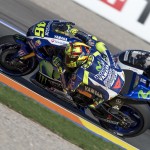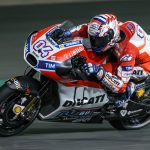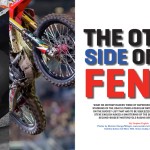Davide Brivio waves goodbye to MotoGP and the two-wheeled world after helping to deliver world championship success for two different brands. We had spoken to the cheery Italian for issue 204 where he shed some insight on the Suzuki resurrection and team-building…
Davide Brivio marshalled the Valentino Rossi/Yamaha era and then turned his expertise towards Suzuki’s competitive re-birth in MotoGP from 2015 after spending a year testing and establishing the new base of the GSX-RR. He is now enjoying the fruits of his crew’s labours more than half a decade later with some fresh milestones for the Japanese brand arriving in 2020, such as leading the premier class for the first time in the four-stroke era.
Suzuki is one of just two manufacturers in MotoGP reliant on solely a pair of bikes on the grid but their combination of motorcycle, the engineering to make the most of the ’20 Michelins, maturing raw talent of riders Joan Mir and Alex Rins and the resolute attitude of the team means Suzuki are closer than ever to the big prize twenty years after last earning the winner’s garland. We asked Davide to explain some of the make-up that led to the achievement in an unusual, tricky but rewarding campaign so far…
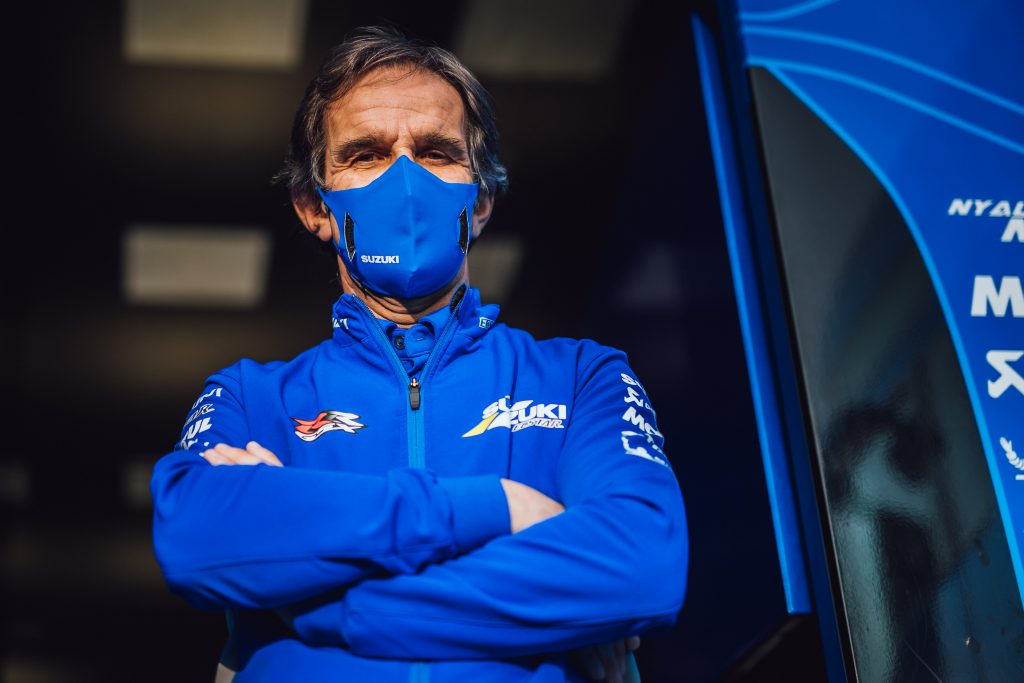
The demands of 2020…
In the normal time we would have been quite stressed to have this quantity of consecutive races but we know that this year is exceptional. During the lockdown when we were at home waiting and waiting we were saying that we’d do anything to get back racing to save the championship. In this special year it is a big effort…but I’d say that nobody can complain because it’s what we can do to have races. At the moment we can manage!
Managing the team means more scrutiny…
When we arrive to the circuit then we have to stay in this ‘bubble’ and do only what is necessary but then when we travel home it is hard to get back to ‘normal’ life because you have to be careful. Everyone knows the Coronavirus is everywhere and it is not difficult to get infected. If you end up in the wrong place or the wrong situation then you miss a race or even two. It creates tension and you always have to be careful. It’s not ‘normal’ life and won’t be that way until the end of the championship. The triples are the end will be hard.
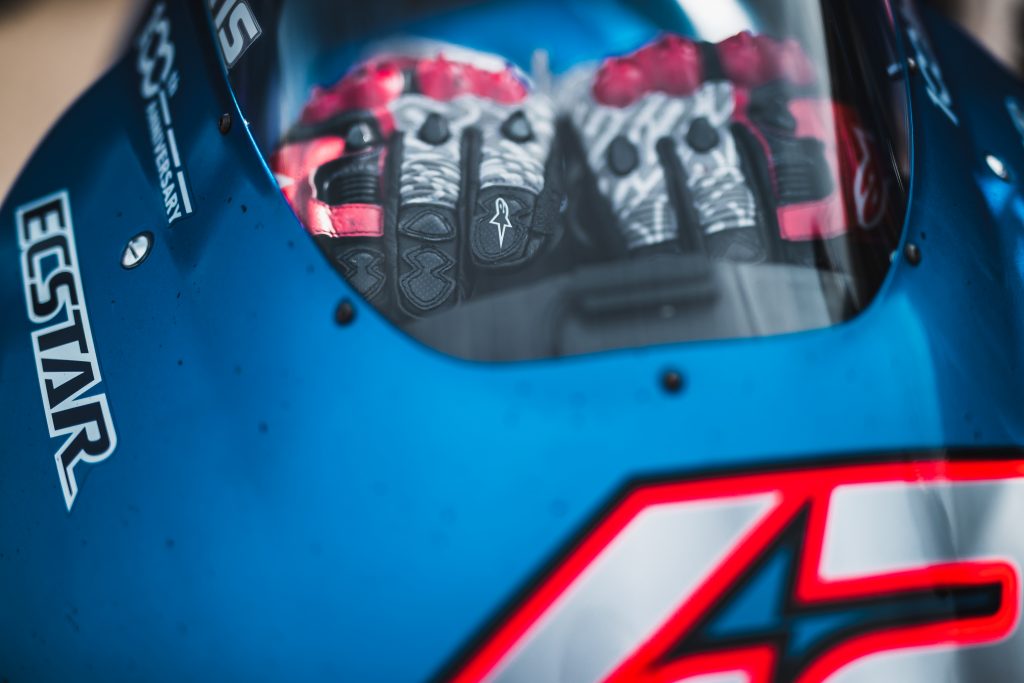
Bringing a team together and watching it develop is never easy…
At the beginning of this project we tried to select people that are passionate for the job and who wanted to achieve something. It wasn’t a conscious thing but, in the end, we chose people who had perhaps not won so much. Some of the guys came from Moto2 or a private team; people that were happy to be part of factory Suzuki, not some who had no other place to go. People who thought that coming to us was a step-up or a new challenge. Of course, there were some who were already in a factory team also and came across. If people come here and think it is like ‘an achievement’ then this also creates motivation and passion to do a good job. We were lucky to make that happen because you don’t always know if it will work in the beginning but I’m really happy with what we have because there is a good atmosphere and good co-operation.
I learned a lot from Valentino…
When he arrived in Yamaha he brought the winning mentality. It is very different if the target is either to win the championship or if it is just to race and do the best you can. It’s a completely different job. When Valentino arrived he wanted to win a title. I remember from those years that – a few times – second position was a disaster. Depending on the second position – if a battle was lost with somebody – everybody was sad on Sunday night. Or, as a contrast, winning a race meant being happy for one hour and then you start to worry about winning the next one. It made me think a lot about this different approach. Working with Yamaha it also gave me experience with Japanese companies and people. I think I used this a lot in my work with Suzuki.
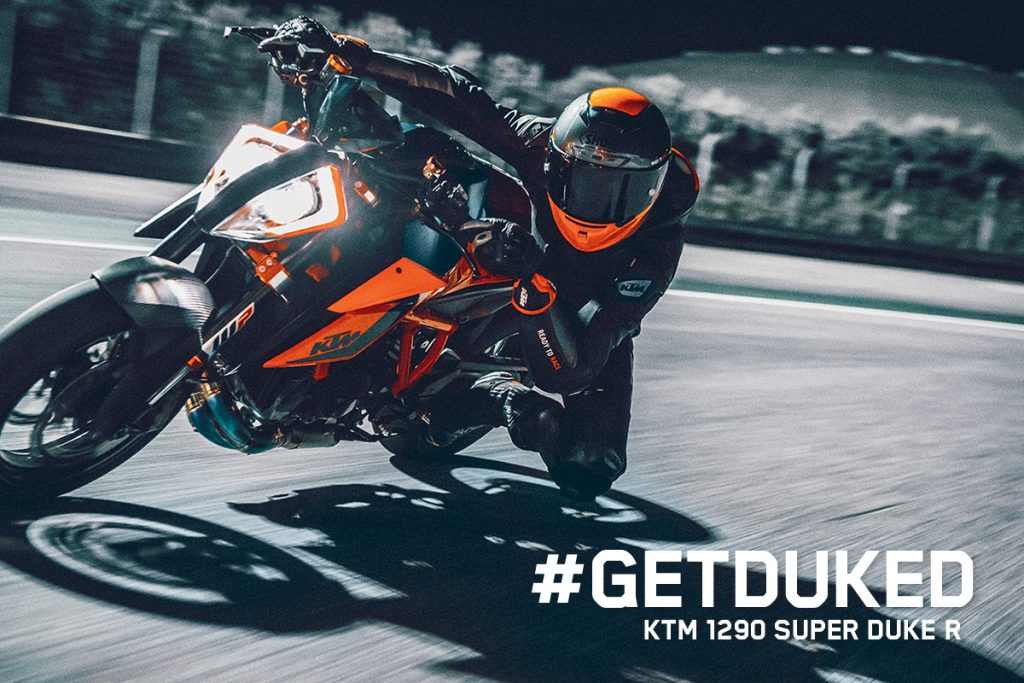
Raising the level of the team we wanted to continue with the same people because we kinda grew up together…
The team was new and we had rookie riders also. Of course, we gained experience together and sometimes that means mistakes. That maturing spirit gives energy and motivation to people, because it is not like we changed the team a lot. We made the step together and we saw improvement of professional skills and abilities in almost each individual position.
Integration of the test team was another step…
We only had a domestic test team before, testing in Japan with Japanese riders. Then we created a test team that was half-and-half with Tom O’Kane and some European mechanics and riders like Sylvain Guintoli. This has been also very appreciated by the Japanese staff. Sylvain is very precise with his job and sensitive with his feeling on the bike and clear with his comments. He’s quite fast as well! The Japanese could get good feedback. Now when we have an important part Sylvain can already make a good selection. The final judgement is down to the factory rider but very often his comments are similar.
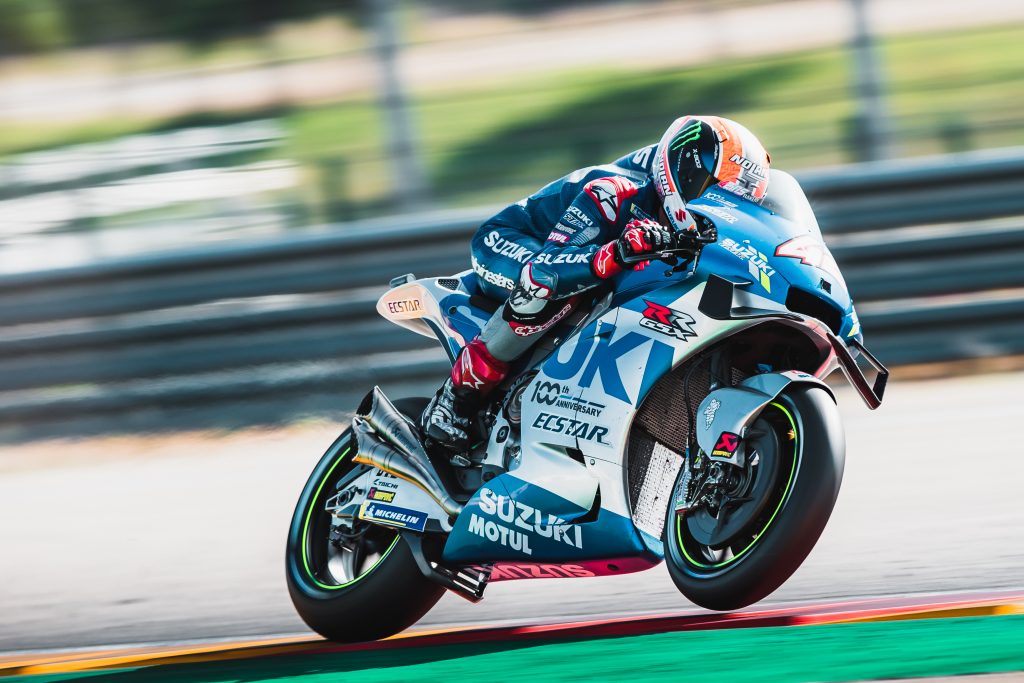
To have a satellite team also involves a change of mentality…
I don’t like to call it a ‘satellite’ team, it’s more like a ‘partnership’. It is more of a co-operation between a factory team and an independent team: we need to find the right name! I don’t like ‘independent’ either because it is connected. Maybe a ‘branch’ team. Overall the relationship with a team where you provide their bikes is changing. Nobody wants a ‘customer’ team. We have no interest to lease the bike because there is no profit and if there is then it’s small. It’s a big effort without any business or financial advantage. But there are technical advantages. In our case it would be to balance the cost and provide bikes to have more information and more feedback, for example testing tyres through a weekend when the weather is critical and you have only one or two sessions. With four bikes you can test all options, with two you cannot reach that target. Four bikes on the track means if one has a problem then you have more time to analyse it before the same thing might affect the others. There is more time to make development, especially if one rider is not having a good time. Look at this year: quite often the second team is making better results than the first team. This also gives the first team riders something to think about when it comes to their strategy with the bike. Having four means changing the mentality so you don’t mind so much which bike wins-
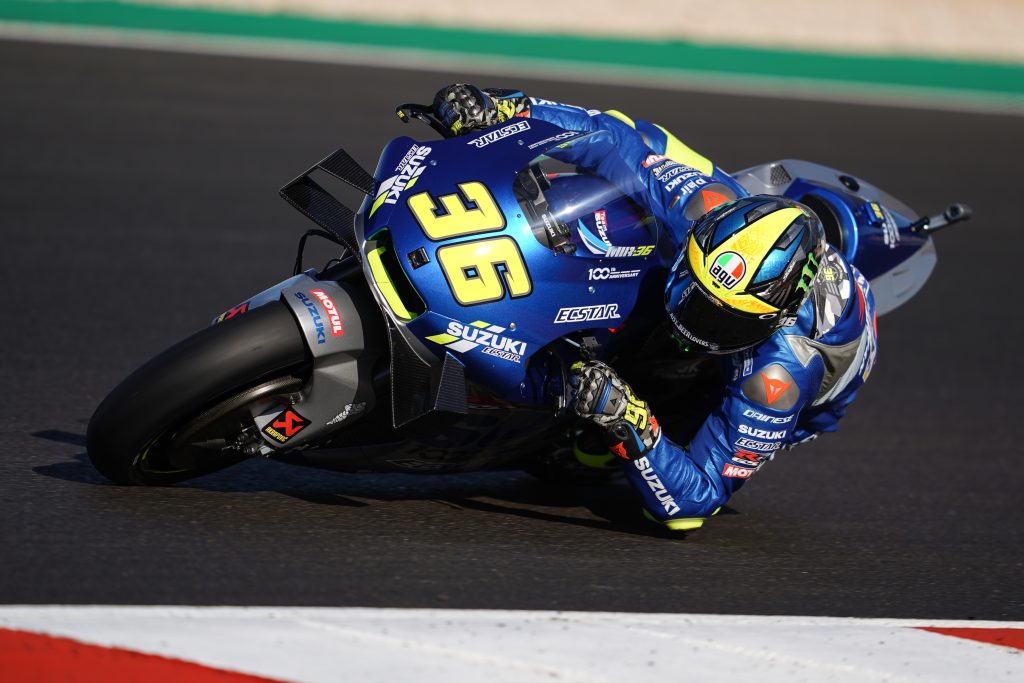
Having competition between our riders was the target when we started this project…
With Alex and Joan we wanted two strong riders that could be inside the top group and could challenge for the podium. I think we are getting there. Alex has won races, Joan has taken podiums and is ready to win. We have achieved that target. What we also wanted was two strong riders that could stimulate each and it’s clear when you take this road that you also have to deal with the internal competition that comes. No doubt. Sometimes when you are behind the others you think ‘that will be a nice problem to have!’ and when you actually have it you think ‘oh, this is a big problem!’ But this is what we wanted: reactions and improvement. This year I think Alex has been unlucky because he was very strong in Jerez and could have competed for very high results. The injury was in the wrong moment and the problem influenced the first three-four races. Jerez was very tough for us because of Alex’s injury and Joan’s crash: we came out of there with zero points! While Alex was trying to manage his problem Joan grew up. The competition has come. It’s an unusual situation.
Usually there is always one rider that is a little bit ahead…
I think they feel the competition from each other but from the team and Suzuki’s point of view what we do is give our full maximum support to both of them in the same way and we wish the best to be in front. We have to handle the competition…but it is something we wanted to create inside the team and we’d all benefit from it.
By Adam Wheeler @ontrackoffroad
Photos by Polarity Photo @polarityphoto & CormacGP @cormacgp


